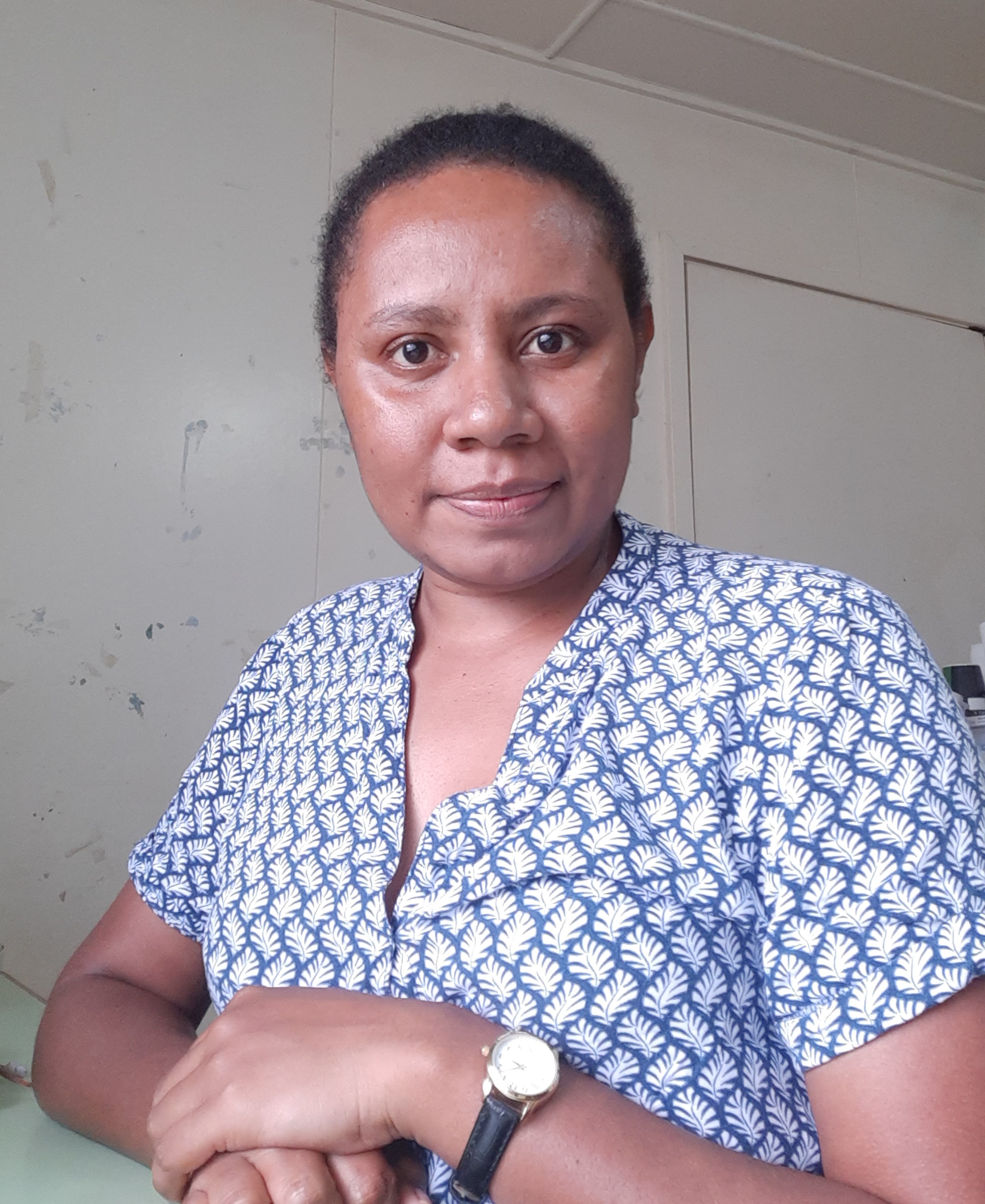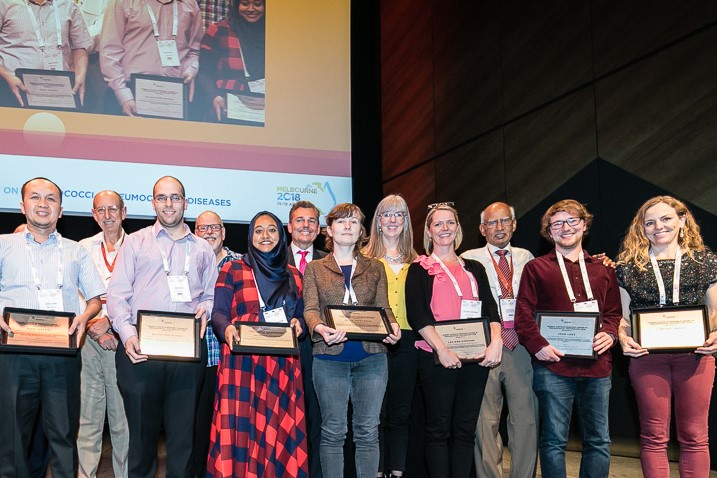Search

News & Events
Latest Deborah Lehmann Research Award RecipientCongratulations to Dr Paula Tesine who is the successful recipient of the Deborah Lehmann Research Award. As the third recipient of the Deborah Lehmann Research Award, Dr Tesine received $30,000 towards her research.
Registration Testimonials Registration for IIC Perth includes: 2-day lecture program with global experts in infectious diseases Course materials
IIC Perth 2019 Faculty Testimonials Contact us I liked the breadth available in the course: both local and international, and very specialised areas
Scientific Committee Chair and Vice Chair Scientific Committee Members Contact us If you'd like to get in touch, please contact Marie Nadal-Sims by
Venue Information Accommodation Options Contact us THE UNIVERSITY CLUB OF WESTERN AUSTRALIA Hackett Entrance #1, Hackett Drive, Crawley, Western
Contact us If you'd like to get in touch, please contact us by phone or email. Phone: 0400 450 240 Email: vtg@thekids.org.au The PRIME Study The

News & Events
Respiratory SymposiumMore information For more information regarding the Respiratory Symposium, please contact Dr Hannah Moore.

News & Events
Warm Welcome for the Neonatal Infection and Immunity TeamClinical Professor Tobias Strunk, Dr Andrew Currie and their Neonatal Infection and Immunity Team have become the newest members of the Wesfarmers Centre of Vaccines and Infectious Diseases.

News & Events
Congratulations Dr Lea-Ann Kirkham - Robert Austrian Award WinnerCongratulations to Dr Lea-Ann Kirkham - one of just 10 recipients from around the world to receive a prestigious Robert Austrian Award at the International Symposium on Pneumococci and Pneumococcal Diseases.
How protective is the whooping cough vaccine? Vaccination and allergy Even though Australia has high vaccination rates against whooping cough, we
